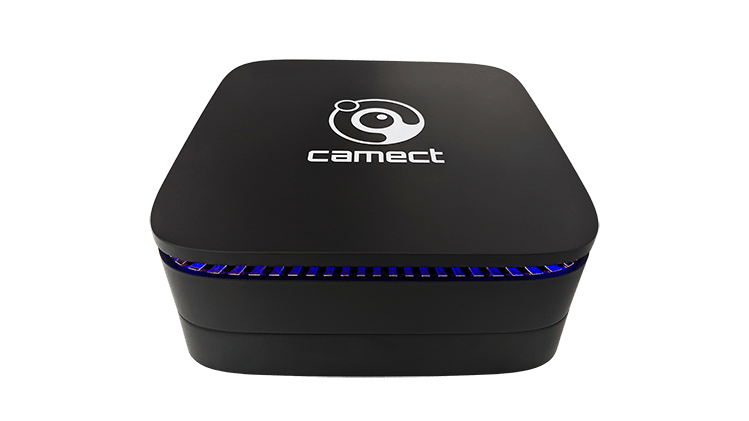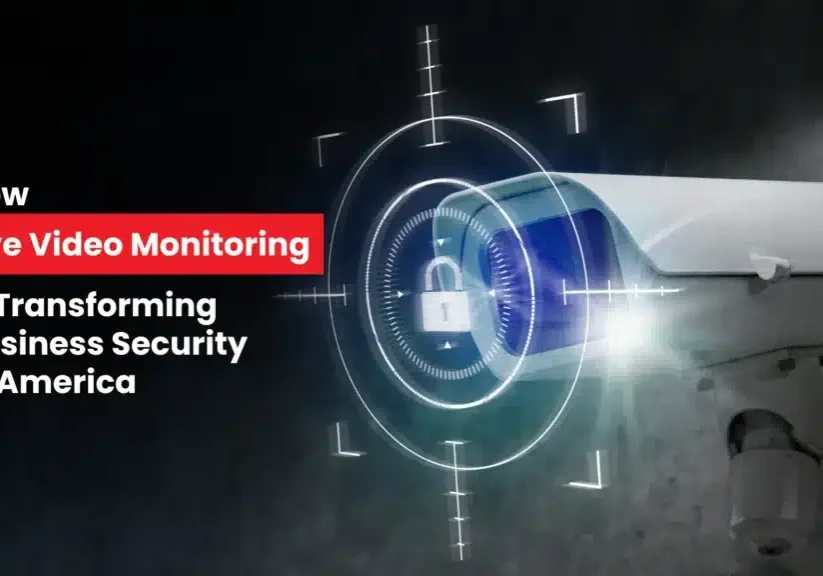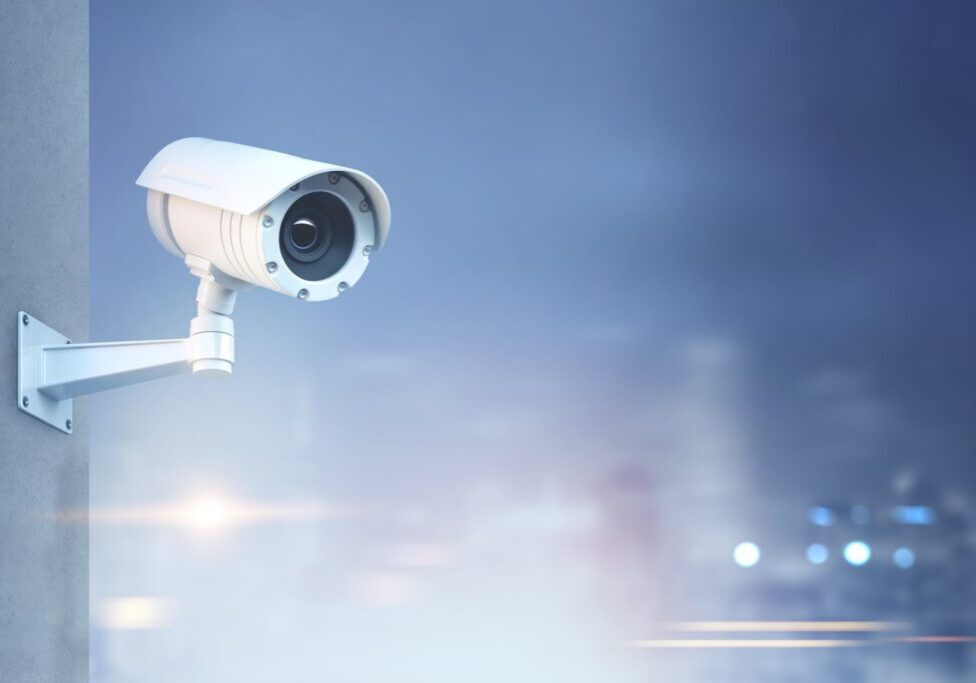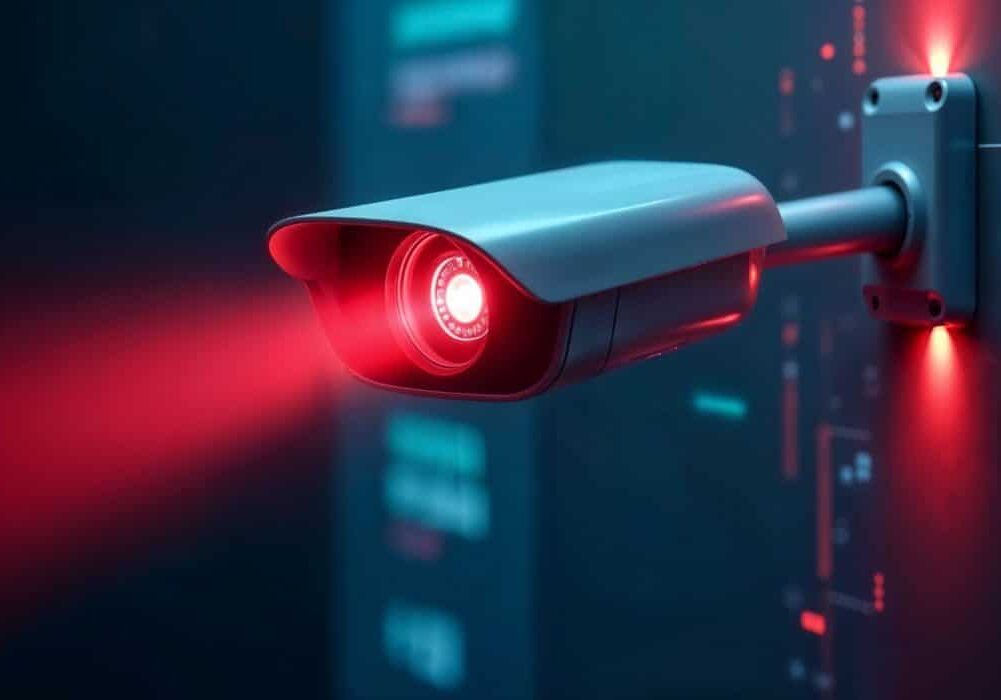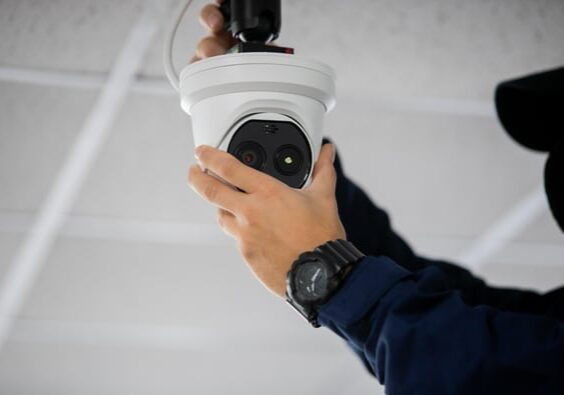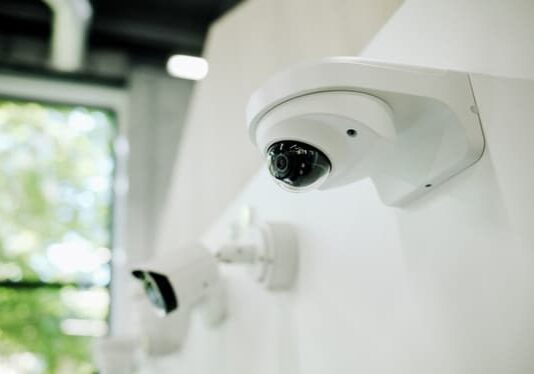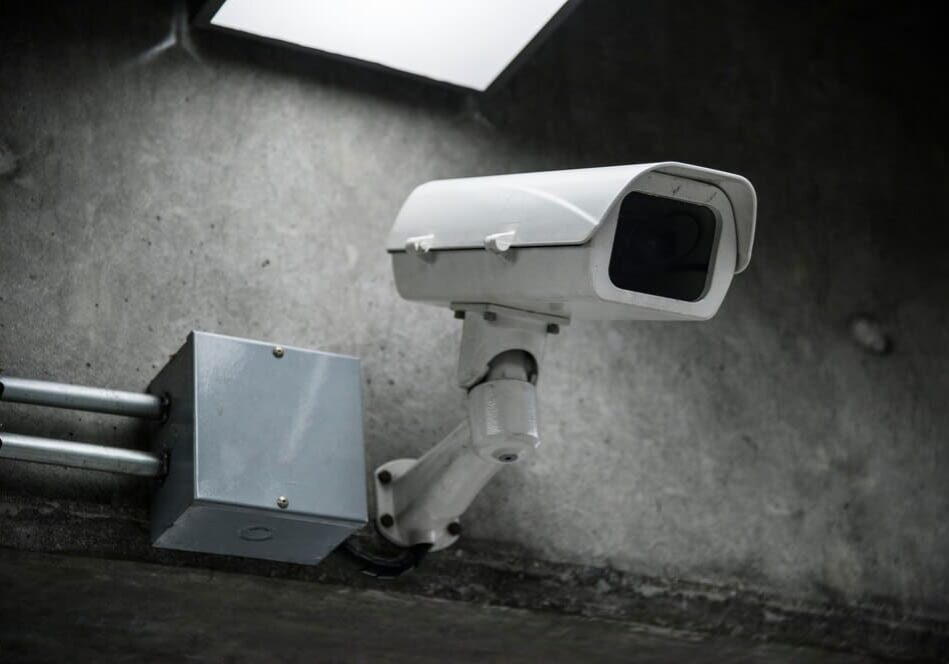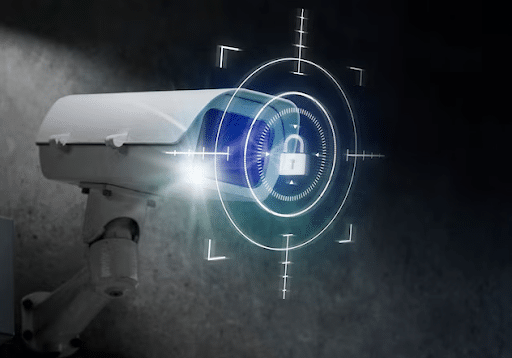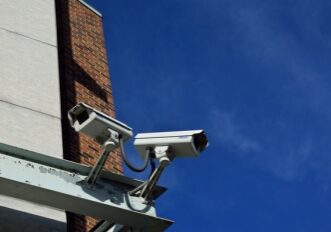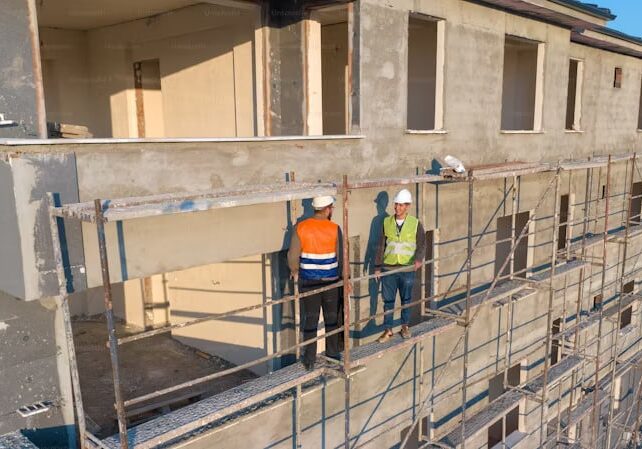1. Energy Audit
Clean windows, install retrofits, seal gaps and cracks, and check the weather stripping. You’d be amazed how many managers want to become energy efficient, but have a current infrastructure that isn’t buttoned up. Meaning, the building isn’t performing as it was designed. In order to take your efficiency to any kind of next level, your current consumption and optimization needs to be full proof. An energy audit can help to spot issues and get the building to where it needs to be to look at how to then make it more energy efficient.2. Energy Efficiency Funding
Federal and local programs exist to help businesses with funding their energy efficiency improvements. Often times, as a business you can lobby for this money to help in your upgrades. Look into local programs first and how to apply, then work your way to the state level. The U.S. Department of Energy is always a good place to look and try to see what’s available.3. Automation through IoT Integrations
There’s no doubt that being able to automate certain software and hardware functions can drastically help reduce energy and emissions, but the big question is where to start. As is usually the case, starting simple is often the best and most efficient. Installing light switches with built-in occupancy and/or daylight sensors can be a quick win. As you get more complex, heating, ventilation and HVAC systems, as well as lighting and plugged in machinery, uses the most energy. Automating controls around HVAC, for example, can be an easy way to power down when your commercial building is not running at full capacity. Numerous IoT devices can be integrated into a commercial building’s network that will automatically monitor power, environment, and security.4. Big Data
While big data may not seem to fit with this article, there’s a special reason we are including it – it can make your systems really, really smart. Have you ever heard the term “You can’t manage what you can’t measure”? Often times systems, like HVAC or heating, will run on a program, which can power up and down at certain times during the day to help with energy controls. However, what if you had software that could constantly monitor that performance and usage on a daily basis and then adjust according to help save even more energy. Well, that’s what this kind of software can do. However, it’s really important to have the correct infrastructure to support big data, automation and the rest, which brings us to our last bullet point.5. Advanced Wireless Networks
If you’re in the position to advance your energy efficiency, then you’ll want to ensure your infrastructure is fully supported to get everything you can out of these components. With that said, an advanced wireless network, capable of connecting your various systems, supporting intelligent software and full automation is imperative to energy management system success. All of which can be connected to a centralizes control hub for continuous monitoring by the building or energy manager.Frequently Asked Questions
An energy audit identifies inefficiencies such as air leaks, outdated insulation, and malfunctioning systems. Addressing these issues ensures that the building operates as designed, leading to optimized energy consumption and improved overall efficiency.
Various federal and local programs offer financial assistance for energy upgrades. Building managers should explore these opportunities to offset costs associated with implementing energy-efficient technologies and practices.
Integrating Internet of Things (IoT) devices allows for automation of lighting, HVAC systems, and other equipment. For instance, occupancy sensors can adjust lighting based on room usage, reducing unnecessary energy consumption.
Utilizing big data enables real-time monitoring and analysis of energy usage patterns. This data-driven approach allows for proactive adjustments, identifying areas for improvement and ensuring continuous optimization of energy consumption.
Robust wireless networks support the seamless operation of IoT devices and energy management systems. They ensure reliable communication between devices, facilitating coordinated actions that enhance energy efficiency across the building.

Michael S. Blanco is the Chief Executive Officer and Co-Founder of Resolute Partners, LLC, where he leads strategic initiatives across various divisions. After owning family entertainment centers in New England, he co-founded Resolute Partners in 1996, launching the first Internet cafés for the U.S. Navy and partnering with AT&T for global deployment. A pioneer in wireless communications, Michael has expanded the company’s focus to include Energy Management/IoT, Cybersecurity, and Managed Video Security. He holds a degree from the Rochester Institute of Technology.
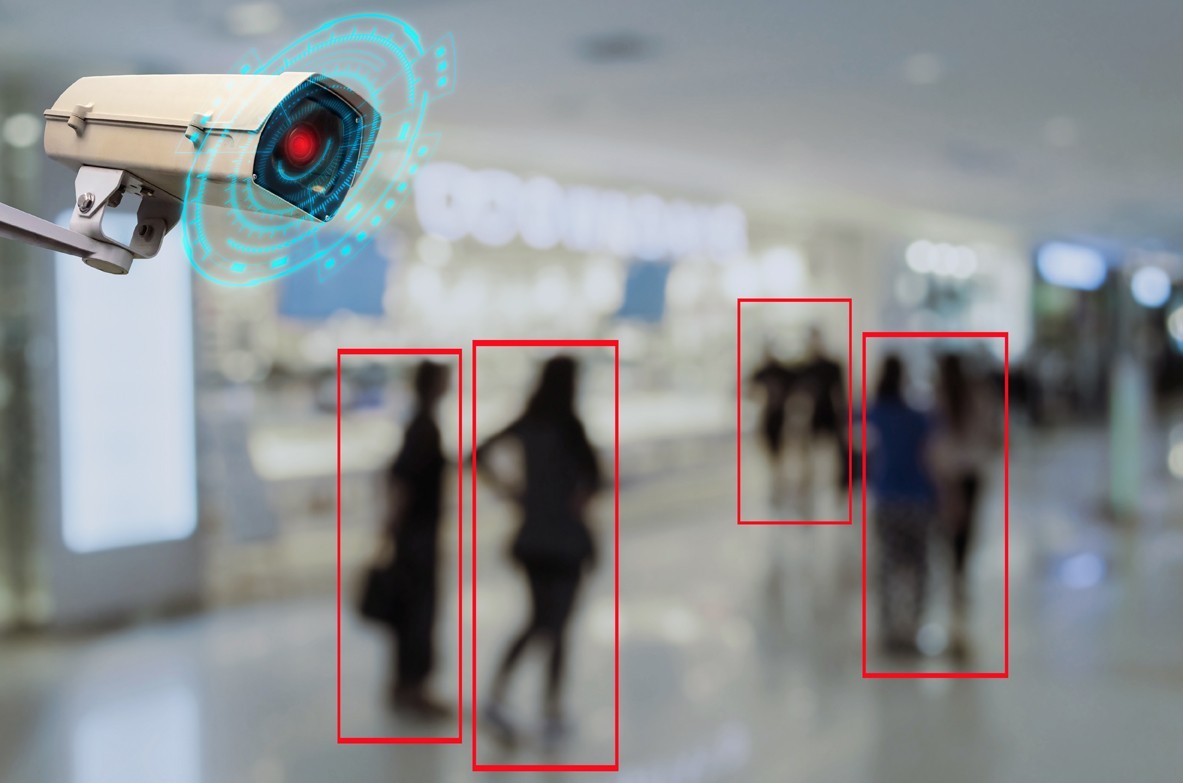
Stay up to date.
Subscribe for latest news, protection tips, special offers, and more!





